
Arabic_for_Dummies
.pdf
276 Part III: Arabic on the Go
Alan: thalaath ‘asaabii’. thah-lath ah-sah-beeh.
Three weeks.
Officer: ‘ay balad sa-tazuur?
ay bah-lad sah-tah-zoor?
Which country will you be visiting?
Alan: ‘uriidu ‘an ‘azuur maSr wa lubnaan. oo-ree-doo an ah-zoor mah-ser wah loob-nan.
I want to visit Egypt and Lebanon.
Officer: Tayyib. laysa Daruurii ‘an taHSul ‘alaa ta’shiira li maSr. tah-yeeb. lay-sah dah-roo-ree an tah-sool ah-lah tah-shee-rah lee mah-ser.
Okay. It’s not necessary to obtain a visa for Egypt.
Alan: wa li lubnaan? wah lee loob-nan?
And for Lebanon?
Officer: ‘idhaa satazuur lubnaan li ‘akthar min ‘usbuu’
Daruurii ‘an taHSul ‘alaa ta’shiira.
ee-zah sah-tah-zoor loob-nan lee ak-that meen oos-booh dah-roo-ree an tah-sool ah-lah tah-shee-rah.
If you’re going to visit Lebanon for more than two weeks, then it’s necessary for you to obtain a visa.
Alan: ‘ayna yumkin ‘an ‘aHSul ‘alaa ta’shiira li lubnaan? ay-nah yoom-keen ah ah-sool ah-lah tah-shee-rah lee loob-nan?
Where can I obtain a visa for Lebanon?
Officer: fii al-qunSuliiyya al-lubnaaniiya. hiya fii waSat al-madiina.
fee al-kon-soo-lee-yah ah-loob-nah-nee-yah. hee-yah fee wah-sat al-mah-dee-nah.
At the Lebanese consulate. It’s located at the center of the city.
Alan: shukran li musaa’adatuka.
shook-ran lee moo-sah-ah-dah-too-kah.
Thank you for your help.
Officer: ‘afwan. af-wan.
You’re welcome.
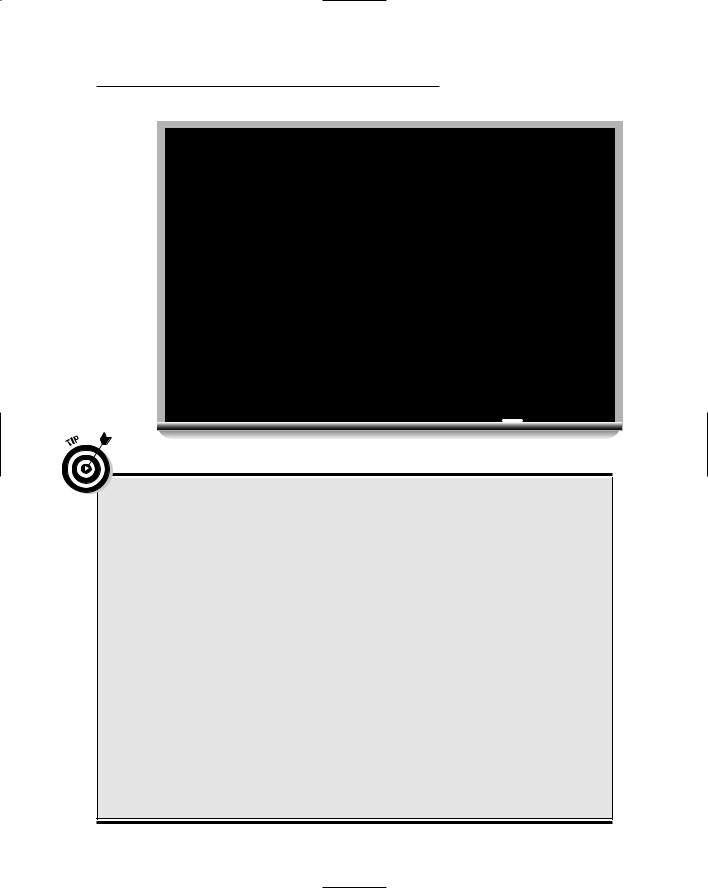
Chapter 15: Planning a Trip 277
Words to Know
‘aHtaaj |
ah-taj |
I need |
balad |
bah-lad |
country |
buldaan |
bool-dan |
countries |
Daruurii |
dah-roo-ree |
necessary |
Hasala |
hah-sah-lah |
to obtain |
‘akthar |
ak-thar |
more than |
‘aqqall |
ah-kal |
less than |
ma’luumaat |
mah-loo-mat |
information |
musaa’ada |
moo-sah-ah-dah |
help |
What’s the difference between an embassy and a consulate?
The consulate and the embassy are foreign government outposts located in a host or target country. For example, the United States has both embassies and consulates in many countries around the world. A consulate is generally located in a busy tourist destination, and its officials and employees take care of minor diplomatic tasks such as issuing visas and sponsoring educational seminars. An embassy is usually located in a nation’s capital and has a more policy-oriented approach. It’s slightly less bureaucratic than a consulate, and it usually represents its country’s official diplomatic stance in the host country.
A consulate is headed by a consul, the person in charge of issuing visas and promoting better relations with the people of a host country; in
contrast, an embassy is run by an ambassador whose general responsibility is to make sure that diplomatic ties — on a government-to- government basis — remain strong and healthy.
If you’re in a foreign country and need to ask a quick bureaucratic question (such as, “How can I extend my visa?”), you should head to the consulate. However, if something serious happens (you’re put in jail, for instance), then contacting the embassy is more appropriate.
If you’re an American citizen traveling abroad, to find answers to any questions you have regarding preparing your wathaa’iq as-safar prior to your riHla, visit the State Department’s Bureau of Consular Affairs Web site at travel.state.gov.

278 Part III: Arabic on the Go
Using a Travel Agency
Although you can turn to a number of different sources for ma’luumaat on organizing your riHla, few can provide you with the degree of top-notch service and personal attention that a wakiil as-safariyaat (wah-keel ah-sah- fah-ree-yat; travel agent) can provide.
A good wakiil as-safariyaat can recommend the most suitable places for your riHla and provide you with logistical information and assistance to make your riHla a success. A wakiil as-safariyaat can provide you with ma’luumaat concerning:
fanaadiq (fah-nah-deek; hotels)
‘amwaal an-naql (am-wal ah-nah-kel; modes of transportation)
Taa’iraat (tah-ee-rat; airplanes)
Sayyaaraat (sah-yah-rat; cars)
Haafilaat (hah-fee-lat; buses)
‘ijaazaat (ee-jah-zat; plans)
Hujuuzaat (hoo-joo-zat; reservations)
tanziilaat (tan-zee-lat; discounts)
tanziilaat al-majmoo’a (tan-zee-lat al-maj-moo-ah; group discounts)
For example, the wakiil as-safariyaat can tell you about tanziilaat that you’re eligible for if you’re traveling in a majmoo’a (maj-moo-ah; group) or special rates you can obtain on transportation.
Many wakiil as-safariyaat provide special rates and packages that include not only airfare but also hotel Hujuuzaat. Here are some travel packages you should ask about:
layla wa yawmayn (lay-lah wah yaw-mayn; one night and two days)
laylatayn wa thalaath ‘ayyaam (lay-lah-tayn wah thah-lath ah-yam; two nights and three days)
sittat layla wa sab’at ‘ayyaam (see-tat lay-lah wah sab-at ah-yam; six nights and seven days)

Chapter 15: Planning a Trip 279
When reviewing information from your wakiil as-safariyaat, keep a lookout for the following deals:
al-funduq maDmuun. (al-foon-dook mad-moon; Hotel is included.)
ziyaara fii al-madiina maDmuuna. (zee-yah-rah fee al-mah-dee-nah mad- moo-nah; Sightseeing around the city is included.)
al-fuTuur wa al-ghidaa’ maDmuuniin. (al-foo-toor wah al-gee-dah mad- moo-neen; Breakfast and lunch are included.)
al-funduq wa aT-Taa’ira maDmuuniin. (al-foon-dook wah ah-tah-ee-rah mad-moo-neen; Hotel and airfare are included.)
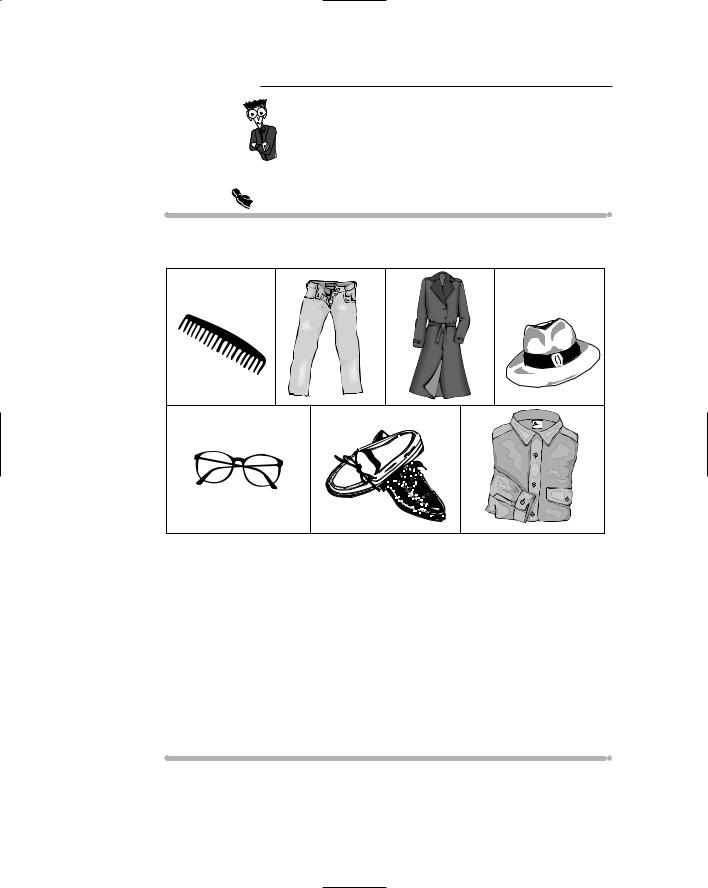
280 Part III: Arabic on the Go
 Fun & Games
Fun & Games
Name the items in Arabic.
A |
B |
C |
D |
E |
F |
G |
A.________________
B.________________
C.________________
D.________________
E.________________
F.________________
G.________________
The answers are in Appendix C.
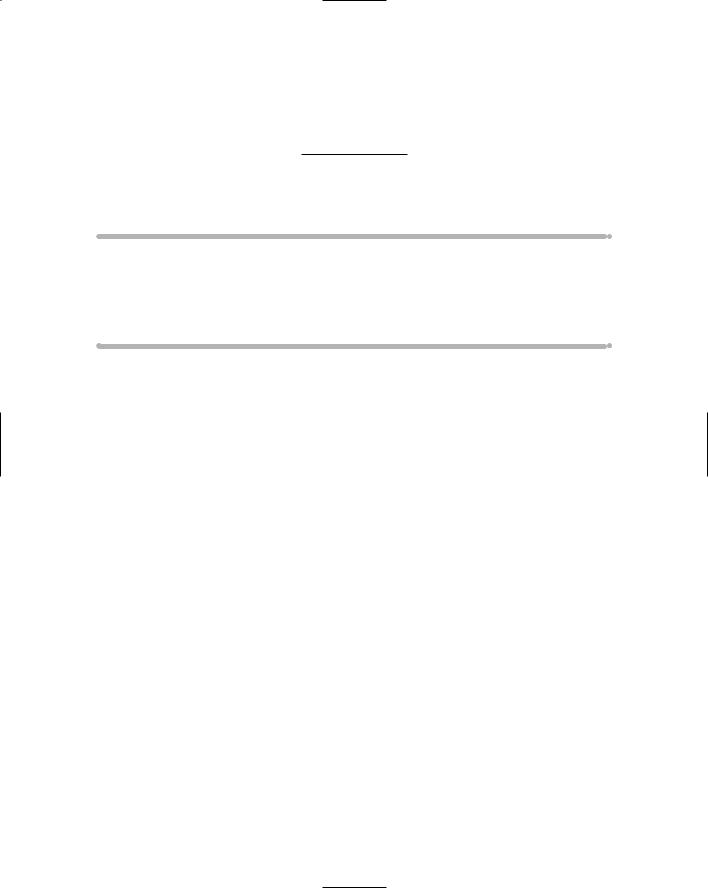
Chapter 16
Handling an Emergency
In This Chapter
Finding help when you need it
Talking with a doctor
Getting legal help
No one can deny the power of positive thinking. However, there are times when negative situations arise, and you must be able to rise
to the occasion and help not only yourself but those around you if necessary. So even though remaining positive is always a good thing, you should also know how to handle negative situations if you find yourself faced with them.
Handling an emergency in your native tongue can be quite hard to begin with, given the adrenaline rush and possible feelings of panic, so dealing with a situation in a foreign language such as Arabic may seem daunting. But don’t panic! In this chapter, I give you the right words, phrases, and procedures to help you overcome any emergency situation — whether medical, legal, or political — just like a native speaker.
Shouting Out for Help
When you’re witnessing or experiencing an emergency such as a theft, a fire, or even someone having a heart attack, your first instinct is to start yelling and shouting. That’s the right instinct. But you also need to be able to communicate coherently so that you can get musaa’ada (moo-sah-ah-dah; help). This section tells you which words to use to express your sense of emergency verbally in order to get the right kind of musaa’ada.
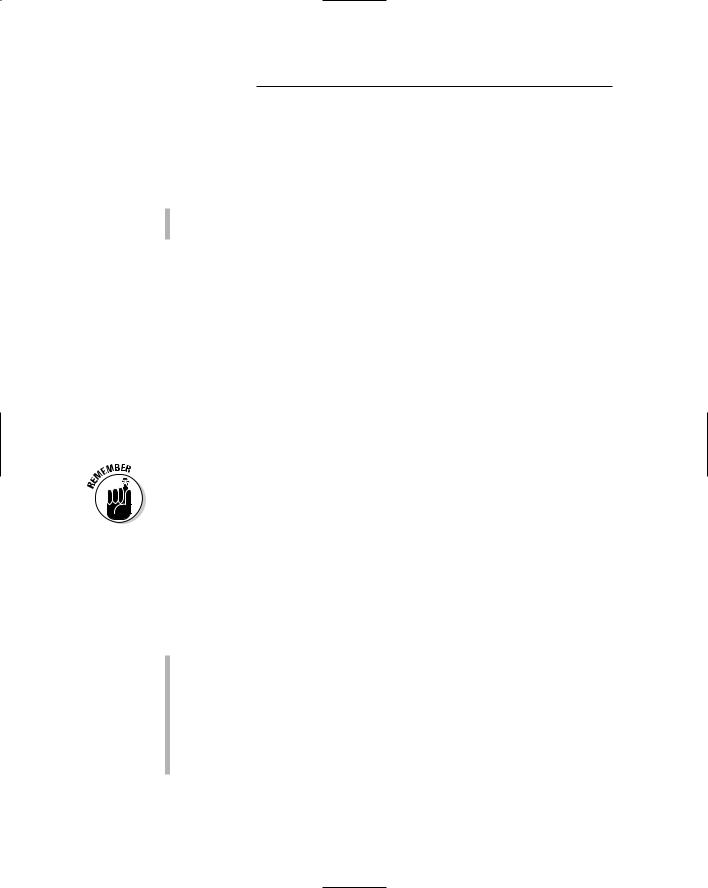
282 Part III: Arabic on the Go
Essentially, Arabic has two words that mean “help”: musaa’ada (moo-sah-ah- dah) and mu’aawana (moo-ah-wah-nah). Both words are used interchangeably to ask for help in an emergency. You can attract help by shouting musaa’ada or mu’aawana once, but you attract more attention when you shout the words consecutively:
musaa’ada musaa’ada! (moo-sah-ah-dah moo-sah-ah-dah; Help help!)
mu’aawana mu’aawana! (moo-ah-wah-nah moo-ah-wah-nah; Help help!)
Arabic actually has a third word that means “help”: najda (nah-jeh-dah). You can use najda to call for help, but be aware that screaming najda means that someone is in a severe, extremely dangerous, life-and-death situation. (If there were degrees to words for “help” — where level 3 is high and level 5 is extreme — musaa’ada and mu’aawana would be level 3s and najda would be a level 5.)
It may be difficult to understand this classification of “help” because when you’re in an emergency, you tend not to think about your situation on a scale of seriousness. Your reaction is usually, “I’m in trouble, and I need help now.” The Arabic vocabulary for emergencies is structured in such a way as to differentiate between life-and-death emergencies and non–life-and-death situations.
The basic rule for expressing that you need help is that if you’re involved in a life-and-death situation, you should scream out najda. Think of najda as the code red of distress signals, only to be used if your life or the life of others is in danger. For example, screaming najda isn’t appropriate if you sprain your ankle while playing soccer. However, if you’re witnessing or experiencing a drowning, a heart attack, or a suicide attempt, you should scream najda like this:
an-najda an-najda! (ahn-nah-jeh-dah ahn-nah-jeh-dah; Help help!)
Here are some other important words and phrases to help you cope with an emergency:
saa’iduunii! (sah-ee-doo-nee; Help me!)
‘aawinuunii! (ah-wee-noo-nee; Help me!)
shurTa! (shoo-reh-tah; Police!)
‘uriidu Tabiib! (oo-ree-doo tah-beeb; I need a doctor!)
liSS! (lehs; Thief!)
naar! (nahr; Fire!)
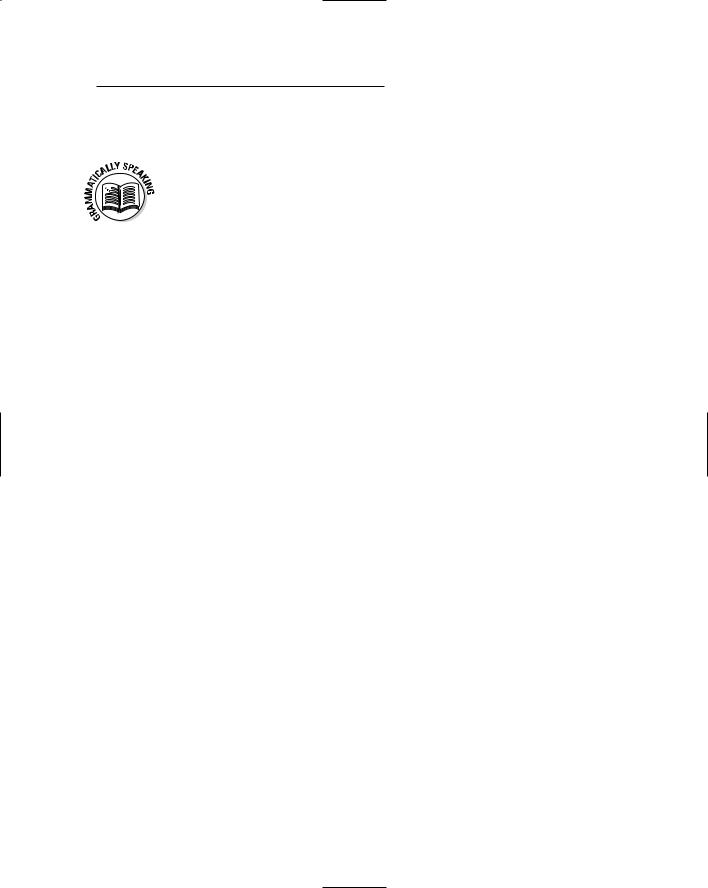
Chapter 16: Handling an Emergency 283
A little help with the verb “to help”
The word musaa’ada is derived from the verb saa’ada (sah-ah-dah), which means “to help.” Although screaming musaa’ada is an important first step to attract attention to an emergency, you also need to be able to coherently formulate a sentence in order to get the right kind of help. Use the form saa’ada to conjugate the verb “to help” in the maaDii (mah-dee; past tense) and yusaa’idu (yoo-sah-ee-doo) to conjugate it in the muDaari’ (moo-dah-reeh; present tense). (Check out Chapter 2 for a quick reminder of the maaDii and muDaari’ forms.)
Here’s the verb saa’ada conjugated in the maaDii form:
Form |
Pronunciation |
Meaning |
‘anaa saa’adtu |
ah-nah sah-ahd-too |
I helped |
‘anta saa’adta |
ahn-tah sah-ahd-tah |
You helped (MS) |
‘anti saa’adti |
ahn-tee sah-ahd-tee |
You helped (FS) |
huwa saa’ada |
hoo-wah sah-ah-dah |
He helped |
hiya saa’adat |
hee-yah sah-ah-daht |
She helped |
naHnu saa’adnaa |
nah-noo sah-ahd-naa |
We helped |
‘antum saa’adtum |
ahn-toom sah-ahd-toom |
You helped (MP) |
‘antunna saa’adtunna |
ahn-too-nah sah-ahd-too-nah |
You helped (FP) |
hum saa’aduu |
hoom sah-ah-doo |
They helped (MP) |
hunna saa’adna |
hoo-nah sah-ahd-nah |
They helped (FP) |
antumaa saa’adtumaa |
ahn-too-mah sah-ahd-too-mah |
You helped |
|
|
(dual/MP/FP) |
humaa saa’adaa |
hoo-mah sah-ah-dah |
They helped |
|
|
(dual/MP) |
humaa saa’adataa |
hoo-mah sah-ah-dah-tah |
They helped |
|
|
(dual/FP) |
Use the form yusaa’idu to conjugate “to help” in the muDaari’. Recall that the present tense in Arabic describes both a habitual action, such as “I help,” and an ongoing action, such as “I am helping.”
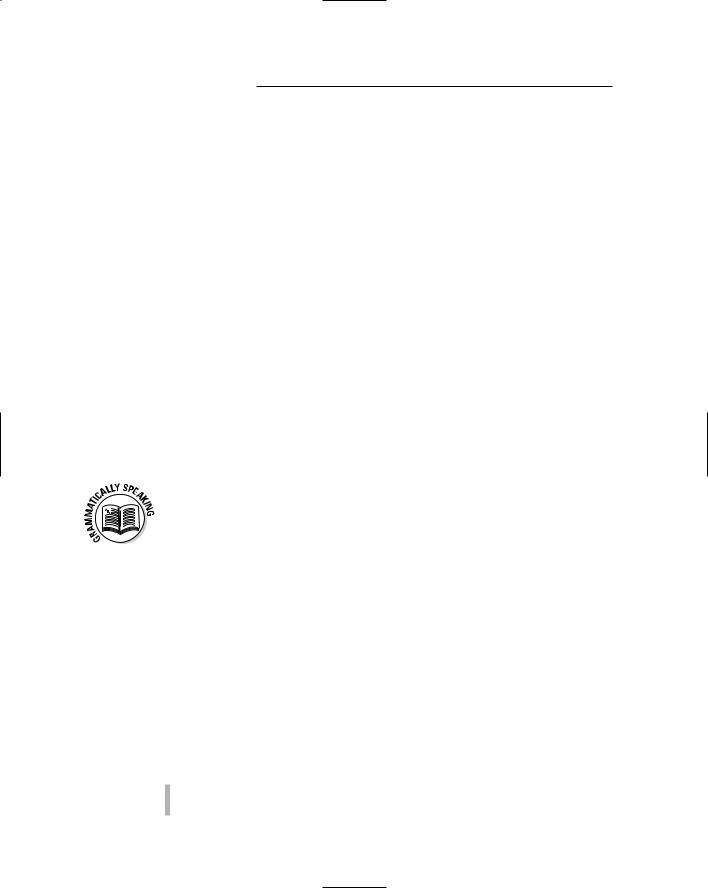
284 Part III: Arabic on the Go
Form |
Pronunciation |
Meaning |
‘anaa ‘usaa’idu |
ah-nah oo-sah-ee-doo |
I am helping |
‘anta tusaa’idu |
ahn-tah too-sah-ee-doo |
You are helping (MS) |
‘anti tusaa’idiina |
ahn-tee too-sah-ee-dee-nah |
You are helping (FS) |
huwa yusaa’idu |
hoo-wah yoo-sah-ee-doo |
He is helping |
hiya tusaa’idu |
hee-yah too-sah-ee-doo |
She is helping |
naHnu nusaa’idu |
nah-noo noo-sah-ee-doo |
We are helping |
‘antum tusaa’iduuna |
ahn-toom too-sah-ee-doo-nah |
You are helping (MP) |
‘antunna tusaa’idna |
ahn-too-nah too-sah-eed-nah |
You are helping (FP) |
hum yusaa’iduuna |
hoom yoo-sah-ee-doo-nah |
They are helping (MP) |
hunna yusaa’idna |
hoo-nah yoo-sah-eed-nah |
They are helping (FP) |
antumaa tusaa’idaani |
ahn-too-mah |
You are helping |
|
too-sah-ee-dah-nee |
(dual/MP/FP) |
humaa yusaa’idaani |
hoo-mah yoo-sah-ee-dah-nee |
They are helping |
|
|
(dual/MP) |
humaa tusaa’idaani |
hoo-mah too-sah-ee-dah-nee |
They are helping |
|
|
(dual/FP) |
Although Arabic has more than one word for “help,” only musaa’ada is the most conjugated verb form. mu’aawana may also be conjugated using the form ‘aawana in the maaDii and yu’aawinu in the muDaari’, but it’s more of an archaic and arcane verb that isn’t widely used in everyday Arabic. Because najda is more of a code word for distress, it doesn’t have a verb equivalent form.
Lending a hand
Being in an emergency doesn’t always mean that you’re the one who needs help. You may be faced with a situation where you’re actually the person who’s in a position to offer help. In this case, you need to know words and phrases of an altogether different nature. The words and phrases in this section help you better respond to a situation in which you’re the helper and not the one being helped.
The first thing you do in such a situation is ask questions to assess the damage and determine what course of action to take:
maadhaa waqa’a? (mah-zah wah-kah-ah; What happened?)
hal kul shay’ bikhayr? (hal kool shah-yeh bee-kayr; Is everything alright?)
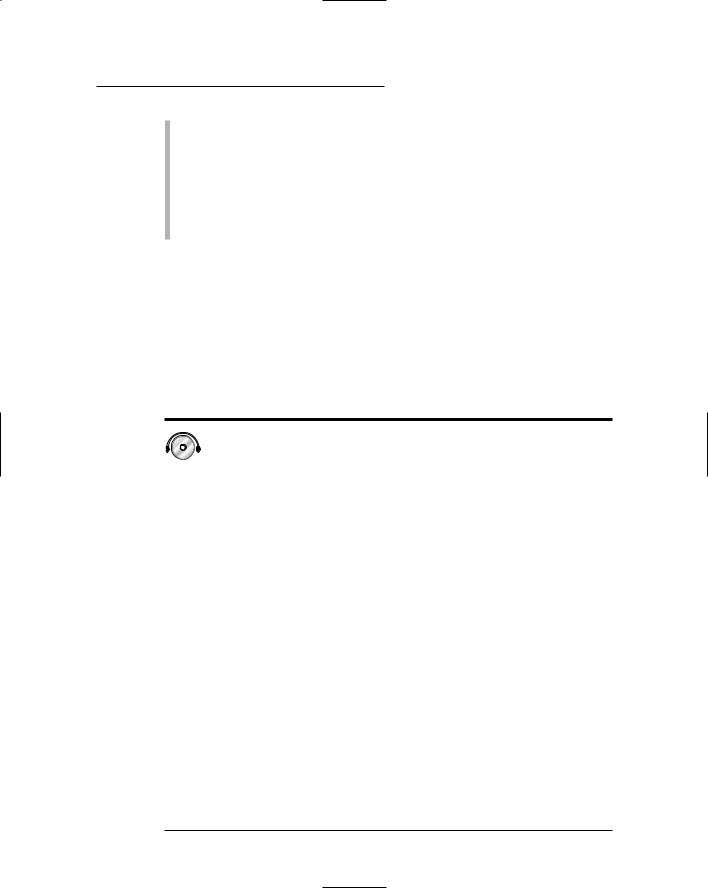
Chapter 16: Handling an Emergency 285
hal turiidu musaa’ada? (hal too-ree-doo moo-sah-ah-dah; Do you need help?)
‘ay naw’ min musaa’ada turiidu? (ay nah-weh meen moo-sah-ah-dah too- ree-doo; What kind of help do you need?)
hal yajibu ‘an tadhhab ‘ilaa al-mustashfaa? (hal yah-jee-boo ann taz-hab ee-laa al-moos-tash-fah; Do you need to go to the hospital?)
hal turiidu Tabiib? (hal too-ree-doo tah-beeb; Do you need a doctor?)
If you’re in a situation in which injuries are serious and the person appears to be disoriented, then you must take further steps, such as contacting the shurTa (shoo-reh-tah; police) or other first responders.
If you’re ever in a situation where you need to call the police, you may say the following on the phone: ‘aHtaaju bi musaa’ada fawran (ah-tah-joo bee moo-sah-ah-dah faw-ran; I need help right away).
Talkin’ the Talk
Lamia is walking down the street when, all of a sudden, the woman walking in front of her falls on the ground. Lamia approaches the woman to see how she can be of help.
Lamia: ‘afwan. hal kul shay’ bikhayr? ah-feh-wan. hal kool shah-yeh bee-kayr?
Excuse me. Is everything alright?
Woman: na’am. kul shay’ bikhayr. nah-am. kool shah-yeh bee-kayr.
Yes. Everything is alright.
Lamia: maadhaa waqa’a? mah-zah wah-kah-ah?
What happened?
Woman: laa shay’. laqad saqaTtu.
lah shah-yeh. lah-kad sah-kah-too.
Nothing. I fell.
Lamia: hal turiidiina musaa’ada?
hal too-ree-dee-nah moo-sah-ah-dah?
Do you need help?
Woman: laa shukran. kul shay’ sayakun bikhayr.
lah shook-ran. kool shah-yeh sah-yah-koon bee-kayr.
No thank you. I will be alright.
